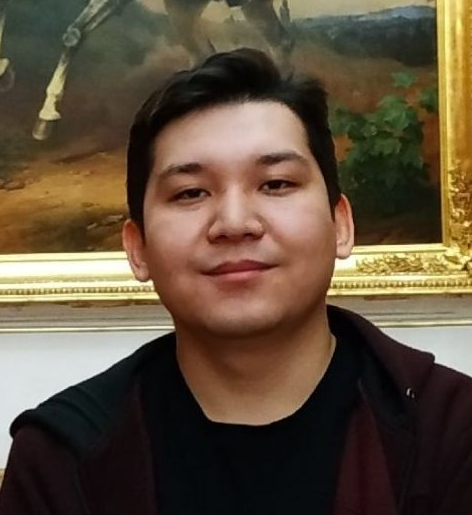This article studies the role of religion in the formation of new identities. Religion is presented as an alternative to secular nationalism and the revival of new religious identities as a reaction to the crisis of the secular type of nation-building. The first part of the article shows the historical background of the crisis of the theory of secularization and the “religious renaissance”, which was an attempt to return religion to public discourse. Religious identity is considered as a strict construct that is formed by certain actors using various mechanisms. The types of construction of religious identity are considered from three sides using the terms of M. Castells as the problem of “legitimizing identity”, “resistance identity” and identity as a “project”. Analyzing the role of religion in the formation of new identities the author comes to the following conclusions: 1) religion acts as a factor of legitimacy in new religious communities, where religion offers a sacred justification for power; 2) religion acts as a factor of protection of one's own identity under the wave of globalization, which acts as a hostile dominant identity; 3) the religious community acts as a separate “imagined” construct, which in the global dimension erases linguistic and ethnic boundaries, but acts as a dividing factor in local conflicts. In conclusion, proposed a discussion about the future of new religious identities, which due to the weakening of state institutions may strengthen their positions.
Keywords: religious identity, religious fundamentalism, NRM, Imagined Communities, secularism, nationalism
DOI: 10.22250/2072-8662.2021.4.126-135
About the author
 |
Azamat Zh. Idrissov – Master in Religious Studies, independent researcher; |






